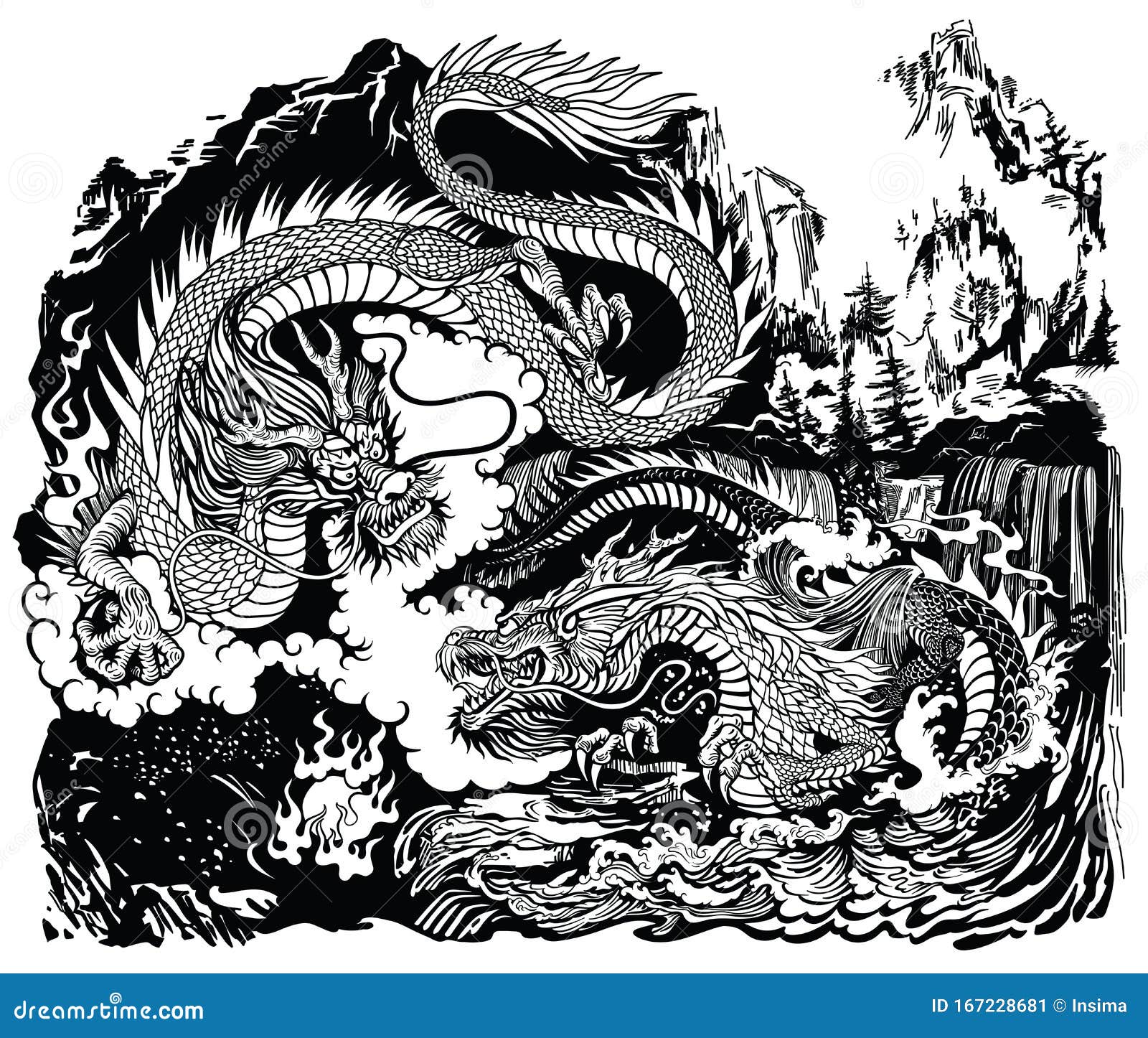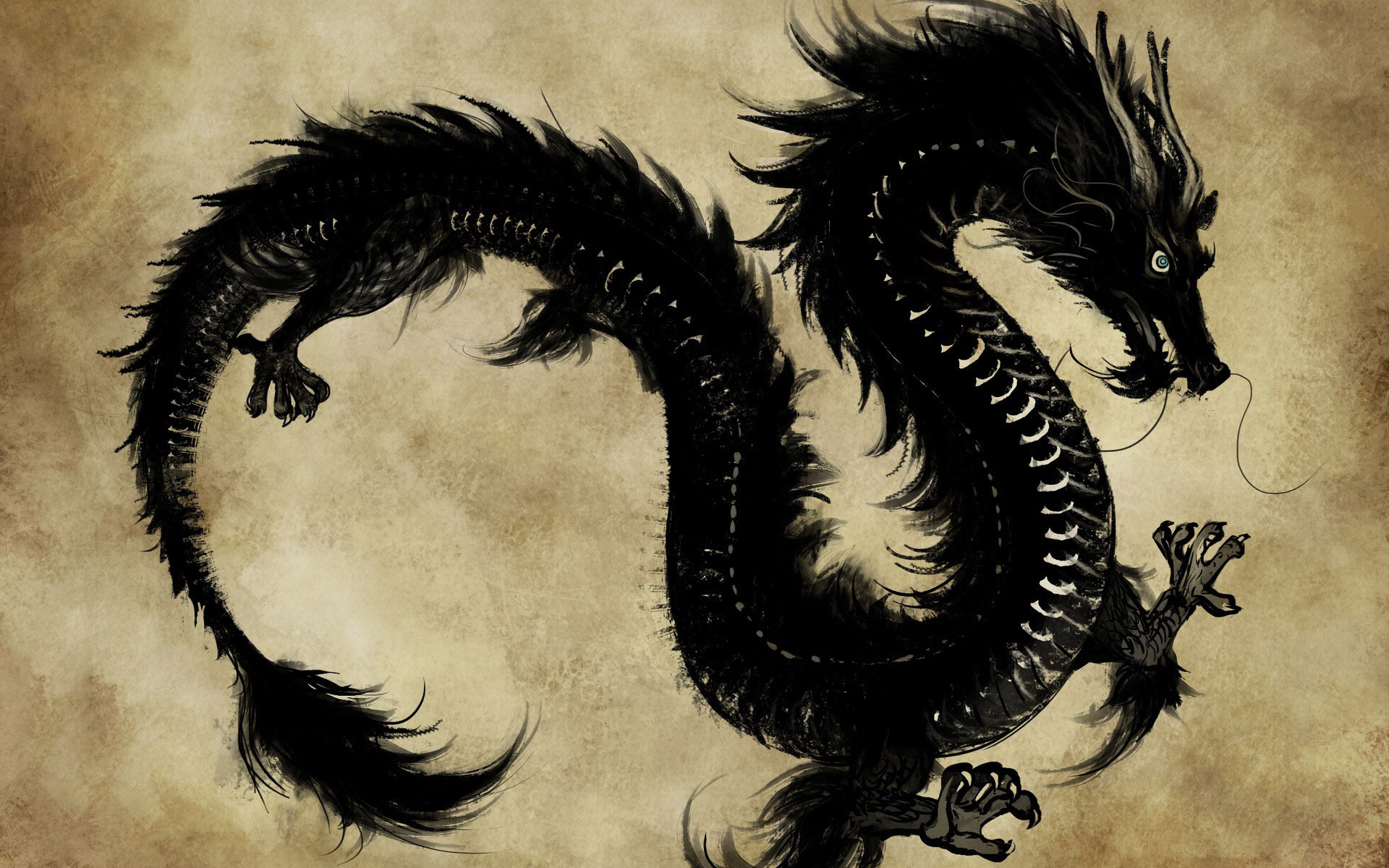

Daoism also teaches that people should maintain a close relationship with nature for optimal moral and physical health.

According to Daoist beliefs, man is a crucial component of the natural world and is advised to follow the flow of nature’s rhythms. Chinese philosophy tends to focus on the relationships between the various elements in nature rather than on what makes or controls them. Dao is the dominant principle by which all things exist, but it is not understood as a causal or governing force. Uniting these disparate elements is the Dao, or the Way. The natural world has long been conceived in Chinese thought as a self-generating, complex arrangement of elements that are continuously changing and interacting. Therefore, the ideas about nature described below, as well as their manifestation in Chinese gardens, are consistent with all three belief systems. Similarly, these ideas strongly influenced Buddhism when it arrived in China around the first century A.D. These ideas predate the formal development of the native belief systems of Daoism and Confucianism, and, as part of the foundation of Chinese culture, they were incorporated into the fundamental tenets of these two philosophies. They were followed by pilgrims, travelers, and sightseers: poets who celebrated nature’s beauty, city dwellers who built country estates to escape the dust and pestilence of crowded urban centers, and, during periods of political turmoil, officials and courtiers who retreated to the mountains as places of refuge.Įarly Chinese philosophical and historical texts contain sophisticated conceptions of the nature of the cosmos. Daoist and Buddhist holy men gravitated to sacred mountains to build meditation huts and establish temples. Mountains pierced by caves and grottoes were viewed as gateways to other realms-”cave heavens” ( dongtian) leading to Daoist paradises where aging is arrested and inhabitants live in harmony.įrom the early centuries of the Common Era, men wandered in the mountains not only in quest of immortality but to purify the spirit and find renewal. They not only attracted the rain clouds that watered the farmer’s crops, they also concealed medicinal herbs, magical fruits, and alchemical minerals that held the promise of longevity. In the Chinese imagination, mountains were also imbued since ancient times with sacred power as manifestations of nature’s vital energy ( qi).

Since China’s earliest dynastic period, real and imagined creatures of the earth-serpents, bovines, cicadas, and dragons-were endowed with special attributes, as revealed by their depiction on ritual bronze vessels. IPad 3, iPad 4, iPad Air, iPad iPad, iPad Mini 2, iPad Mini 3, iPad Mini 4, 9.In no other cultural tradition has nature played a more important role in the arts than in that of China.
CHINESE DRAGON LANDSCAPE PRO
IPhone 12 Pro Max, iPhone 13 Pro Max, iPhone 14 Plus: 1284x2778

IPhone Xs Max, iPhone 11 Pro Max: 1242x2688 IPhone X, iPhone Xs, iPhone 11 Pro: 1125x2436 IPhone 6 plus, iPhone 6s plus, iPhone 7 plus, iPhone 8 plus: 1242x2208 IPhone 6, iPhone 6s, iPhone 7, iPhone 8: 750x1334 IPhone 5, iPhone 5s, iPhone 5c, iPhone SE: 640x1136 IPhone: iPhone 2G, iPhone 3G, iPhone 3GS: 320x480


 0 kommentar(er)
0 kommentar(er)
